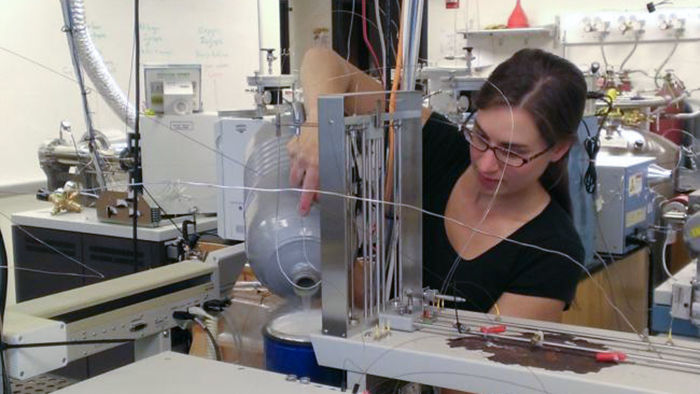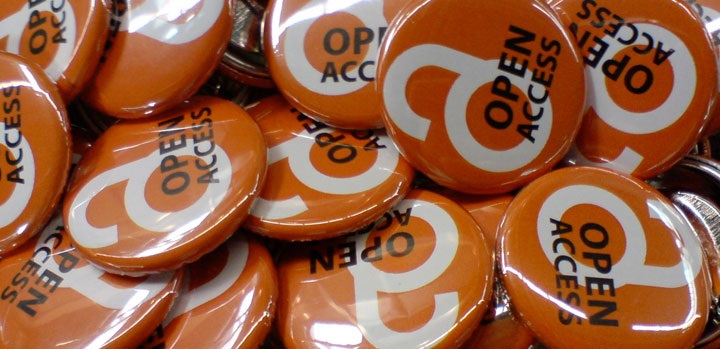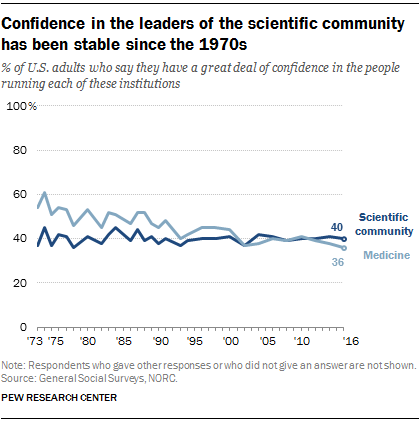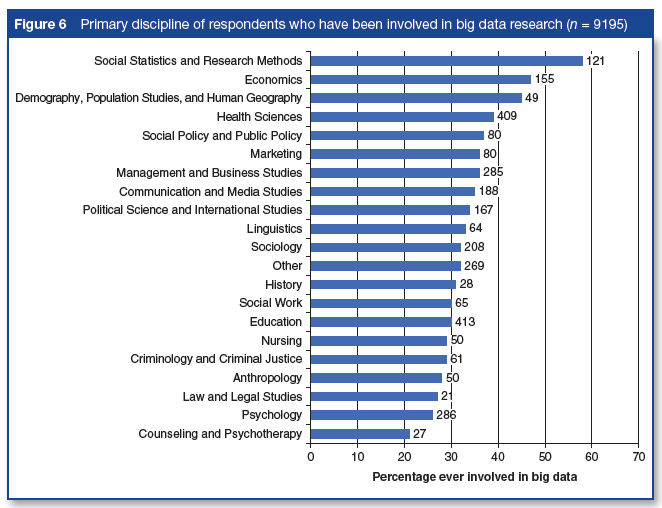Funder Perspectives on Open Infrastructure
A survey to better understand funder perspectives with respect to supporting open infrastructure shows that beyond open access, however, there is very little consensus on other open activities.
Send us a link
A survey to better understand funder perspectives with respect to supporting open infrastructure shows that beyond open access, however, there is very little consensus on other open activities.
A survey focusing on the functions and working process of consortia, as well as on the conditions of contracts for big deals concerning scientific periodicals, databases, and e-books. The results of the survey show that consortia broadly represent the interests of relevant stakeholders from the university and library sectors and are largely driven by researchers’ needs.
A new study of 728 campaigns from a crowdfunding platform finds that women and students tend to do better.

Around half of researchers already publish their work with open access, according to a comprehensive survey carried out by the Main Library of the University of Zurich. Besides a number of positive results, the survey also revealed a need for more information.
Institutions have made little progress against the misuse of research metrics when hiring and promoting academics.
Times Higher Education’s first major global survey of university staff views on work-life balance finds academics feeling stressed and underpaid, and struggling to fit time for personal relationships and family around their ever-growing workloads.

The Science and Engineering Indicators (SEI) 2018 have just been released by the U.S. National Science Foundation (NSF). The SEI are released every two years and provide high-quality quantitative data on the U.S. and international science and engineering enterprise. These statistics aid in the understanding of the current context of the science and engineering fields and objectively inform the development of future policies.
The results of the latest public opinion survey undertaken by Research!America showed that 67% of respondents had a positive image of science and indeed thought that public policy should be based on the best science available.
Investigating the implementation of data management and sharing requirements within development research projects.
Teaching scientists foundational computing skills.
Life scientists told us whether they would like to share and read computationally reproducible research articles.
Younger researchers may be particularly deterred by the fees associated with gold open access.

Author survey shows that publication speed and the ability to share a variety of research outputs are the primary reasons why authors publish on the Wellcome Open Research publishing platform.
Today, four-in-ten Americans have a great deal of confidence in the scientific community.

A new survey provides an updated view of how and why researchers are using scholarly collaboration networks.

Times Higher Education is looking at what happens when academics make an honest mistake in their research. Can you take the time to answer four simple questions?You will not be asked to leave your name, email address or any other personal information. We cannot track who has taken part.The survey is completely anonymous, so please answer honestly.

Results of a survey of Wellcome researchers to find out what they think about open research, how they practice it, and some of the barriers they face.

A new survey shoots down the idea that early-career researchers aresomehow more likely to be digital natives and therefore more apt to conduct computational social science than those whose PhDs were issued more than a decade ago.
